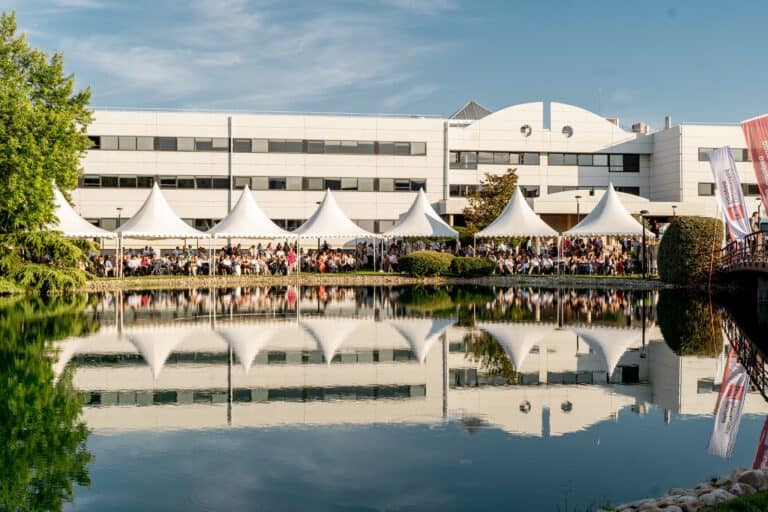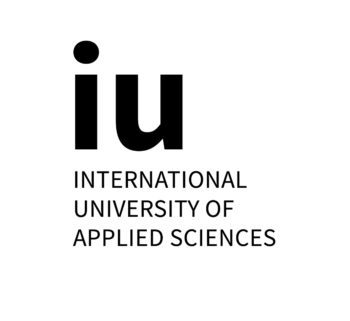For students pursuing an MBA, a major deciding factor comes between further choosing between EMBA (executive MBA) and an MBA. The reason people opt for an executive MBA is that they don’t want to stop working and want to juggle classes as well as their full-time day job. However, there are many other factors that students should consider before opting for one or the other.
EDUopinions will explore the difference between EMBA and MBA now. EDUopinions is a unique platform where you can read real, verified student reviews about universities from all over the world as well as get free information about them.
There are hundreds of universities around the world which offer both an MBA and an EMBA programme. EMBA is sometimes misconstrued as being a superior one, however, that is not the case. Actually, both are pretty similar and equal in terms of accreditation and graduation- the difference is the way in which both programmes are taught.

Applicants and application requirements
Usually, the students applying for MBA have less work experience and are looking to uplift their career. They might have less than five-year work experience. A minimum GMAT score of 600 is required by most schools, and a 700 score in GMAT is required by top schools. The emphasis on scores here is a lot more, as the applicants here are younger and might not have the required business knowledge. Although management experience is a definite advantage for MBA study, students are generally only required to have up to three years’ work experience.
Whereas, the applicants applying for an EMBA are usually much senior and usually have 10-15 years of work experience. No entrance exam is required to enter. During the selection period, the admissions team look for varied and diverse work experience. It is assumed that because of their extensive work experience, the applicants already have an advance learning of business studies. Thus, they aren’t required to sit in GMAT exams.
Duration of Study
The length of a traditional MBA is usually two years in Asia and America, whereas it might be one year only in Europe. EMBA is a part-time course and the classes take place on the weekends, evenings, and the weekends. EMBA students continue to stay in their current full-time positions along with studying side-by-side. Because of this reason, their classroom study is much more intense than that of an MBA student.
Full-time MBA students also have rigorous schedules, due to which they cannot actually do a job side by side. The classes are completed at a faster rate in EMBA, but it covers the same curriculum as an MBA. In EMBA though, the electives are few and students are required to take the majority of classes together.
In MBA, because of the luxury of time, students have the freedom to specialise in a wide array of topics that is available to them.
Tuition Fees
Usually, the majority of EMBA fees is covered by the employer. As they benefit from their employees learning new skills. Along with that, you are getting full-salary as well. So, it is a win-win situation for the employer. Though, it is to be noted, that the employer requires a few years commitment after you finish your degree.
In an MBA, you can attend whichever classes you want. But of course, the tuition fees are covered by the student fully. Though, there are a wide variety of scholarships that are available. It is also to be noted, that prices of tuition of MBA tend to be slightly lower than that on an EMBA.
In conclusion, an EMBA is more fruitful for someone who wants the skills but doesn’t have the time for a full-fledged course. The EMBA students also have a smaller opportunity to network, as the classes are all squeezed in. Whereas, an MBA is a more immersive experience. It is good for someone who is still at the start of their career.
Recent Posts

For professionals with a few years' experience already, an MBA can be a great way of boosting your career prospects. From changing jobs or industries ...

Studying abroad for a semester or a full year can be an incredibly enriching experience. You'll get to experience a new culture, meet new people, and ...

If you're thinking of studying a technical subject like engineering at university, it's crucial that you choose a university that has a rigorous ...

